Higher education in the United States and France is very distinct. For instance, during their senior year of high school, students in France begin to specialize in their subject of study. Still, in the United States, students don’t select a major until they are enrolled in college.
In the same vein, unlike in the United States, high schools in France focus more on academics; therefore, extracurricular activities, such as athletics, do not play as significant of a role in students’ everyday lives. However, these are merely a handful of the many variances between the two, which will be mentioned further in this article.
Table of Contents
ToggleCosts Of Higher Education
The cost of higher education is a significant distinction between American and French education since the systems are different in structure.
Higher Education in America

American students have to pay more for higher education.
While in the U.S., public education is free before university, many of the most reputable and competitive universities in the U.S. are private, and if students are able to get accepted to one of these universities, they will often choose to go despite the high cost.
The costs of private universities can be astronomical compared to French standards, with undergraduate tuition costing upwards of 40,000 USD/year. State colleges are subsidized by the government and are significantly more economical. It’s common for students to take out student loans to pay for university costs in the U.S.
Higher Education In France

Higher education in France has reasonable costs compared to America.
France has an excellent public university system whose costs to students are subsidized by the government. Though there are a few private universities in France that are more expensive, the majority of students attend public universities.
The cost per year for tuition for undergraduates is around 3,500 USD and about 4,500 USD for graduate and doctoral degrees. However, for students who are unable to afford tuition, the government will pay for their education and offer a stipend for their living costs.
Grading System in Higher Education
French universities have fewer graded assignments and exams than American university course structures, which do not have many projects to complete. Instead, they are required to take one final test, which is graded on a scale of 20. The ECTS grading scale facilitates the interpretation of grades obtained at the discretion of higher education institutions.
In further information, students are considered to have passed if, at the end of each academic year, the average grade is at least 10 out of 20. Depending on the subject, a score of 16 would be an excellent grade. However, a 12 could also be considered an extraordinary result in some circumstances.

Higher education students have different grading scales in each country.
Compared to French higher education grading systems, American universities require students to complete a number of assignments which fulfilled the learning outcome. Students will submit the papers and add the points/percentages at the end of the courses, along with an additional final exam. Furthermore, the grading system in the U.S. prefers a scale of 4, along with letters grade, as we have known before.
Student-Teacher Relationships in Higher Education
In France, the student-teacher relationship is much more formal than in the United States. While many American teachers are involved with students through coaching a sport or leading an extracurricular activity, students only have contact with teachers during class in France.
Additionally, in the U.S, it’s common for teachers to set aside time to attend to students who have questions or who are struggling with the material. Students can also stop by a teacher’s office asking them a question about the lesson or have the teachers involved in school clubs and collaborate on different projects as a counselor.

Higher education learners in the U.S can discuss with their lecturers.
In France, it’s highly uncommon for a student to approach a teacher to ask for clarification or extra help on a subject. Teachers in France do not prefer to “stop by” for questions; they don’t have office hours like the U.S. teachers do. They just come in to teach the lesson and leave. They do have a place where the teachers gather, but students aren’t allowed there.
Conclusion
To conclude, on a positive note, the best thing about most French universities is that anyone can apply. Universities in France admit all students into their programs with little to no tuition fees. Mentioning the differences between the education systems in France and the U.S. apprentices when comparing them on basic and more detailed levels.
From France’s longer school days to the emphasis on sports and clubs in American schools to the more formal relationship between students and teachers in France to the considerable difference in tuition costs for American versus French college or university students, the differences in education in these two countries are numerous.
Université Libérale de Paris is a leading university in France for post-graduate studies in which students can learn and research in a new teaching approach. For further information, read here.
References
- Difference Between French and American Education System – Pro Essay Writer. (2021, August 12). Pro Essay Writer. https://proessaywriter.net/blog/difference-french-american-education-system/
- French Education System. (2021, March 16). Study in France. https://www.studying-in-france.org/french-education-system/
- Higher Education in France. (2021, September 28). Université Paris Cité. https://u-paris.fr/en/higher-education-in-france/




